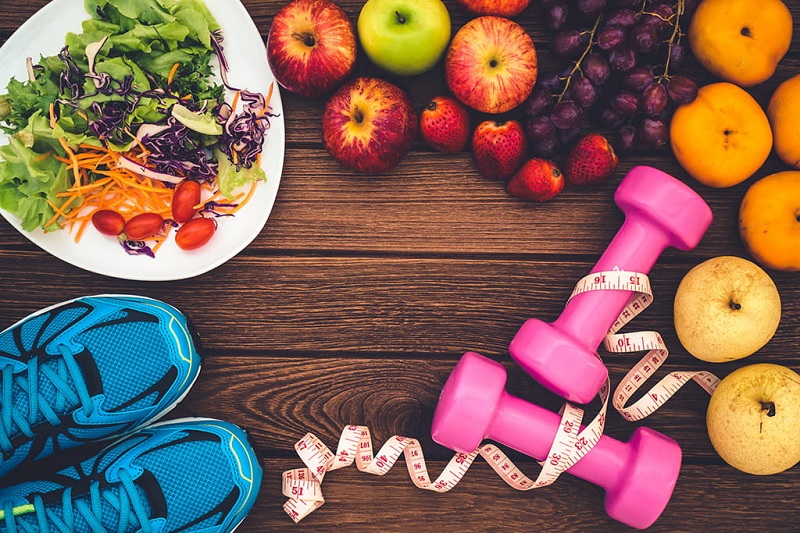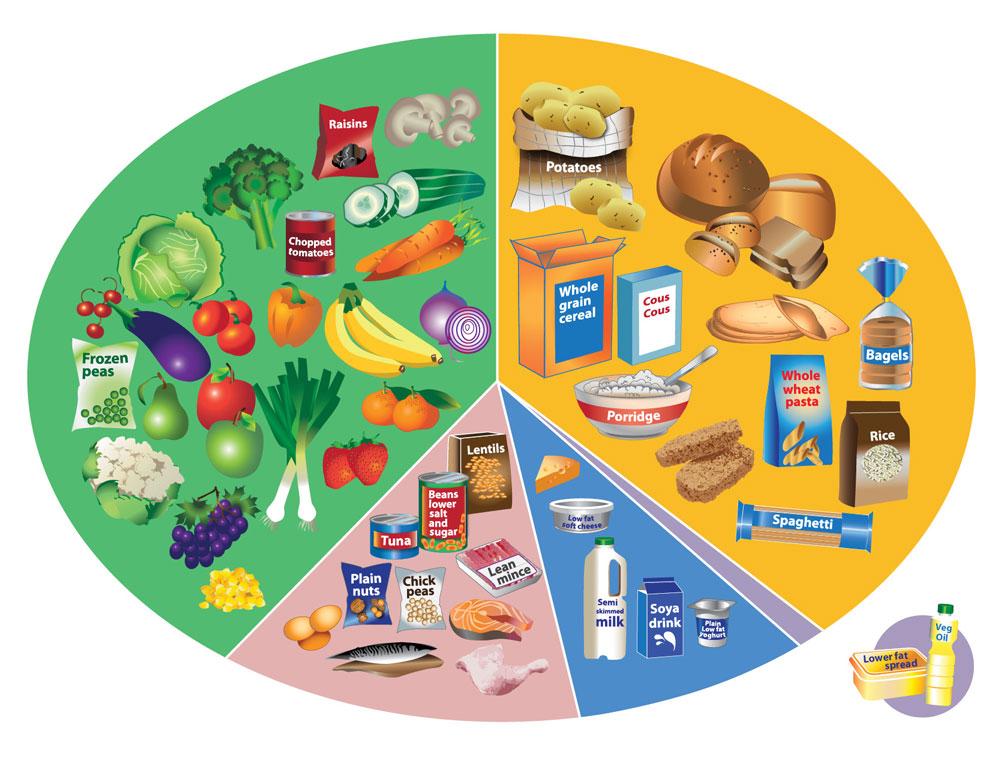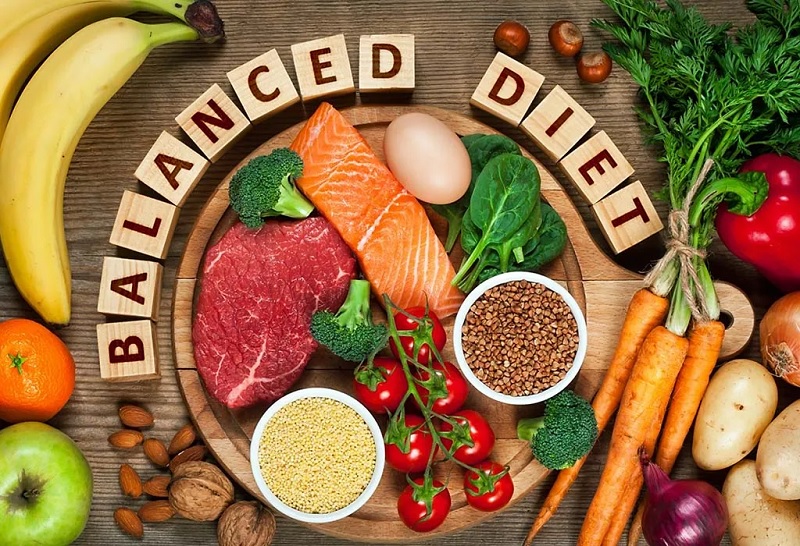Healthbeauty123.com – A well-balanced diet is very important for good overall health. It provides your body with essential nutrients, including adequate amounts of fluid, food energy, and micronutrients. Here are some examples of healthy food choices. All these types of food are essential to overall well-being. In addition, they help maintain your energy levels and reduce the risk of disease. But what is a good balanced diet? Let’s examine these questions to find out.
The Concept of a Balanced Diet and Its Purpose
The concept of a balanced diet is not standardized. It differs from person to person, but generally speaking, a good diet provides all essential nutrients and a variety of non-nutrients. It should include a wide variety of foods, as well as dietary fiber, phytochemicals, and antioxidants. You should also aim to eat all foods in moderation. You shouldn’t be eating more than one type of food at a time, either.
A good diet is important for people suffering from chronic diseases and other problems related to bone, gut, and teeth. It’s also important to avoid alcohol and caffeine, which mess with the body and can cause a number of mental and physical problems. Also, you should avoid skipping meals and eating large amounts at once. Eating out of emotional cravings is highly unhealthy. A good balanced diet will help you avoid many health problems in the future.

A good diet also includes staple foods. Staple foods are the foods most people have access to and rely on for most meals. While staple foods may differ from region to region, they usually provide the bulk of your daily calorie requirements. They contain high amounts of protein, fibre, and some vitamins. A good balanced diet includes these staple foods in small quantities. A well-balanced diet includes three meals a day. Eat a nutritious breakfast each day and you’ll notice the difference!
A Good Diet with a Balanced Diet
A well-balanced diet includes protein, green leafy vegetables, fruits, and dairy products. A well-balanced diet is important for preventing or controlling diabetes and bone problems. A good diet also contains sufficient amounts of calcium and magnesium, which are important for strong bones and teeth. A well-balanced diet will also improve your skin’s appearance. Skin cells need certain nutrients to function properly, so it’s important to eat a variety of healthy foods.
Foods that contain fiber help us feel full, reduce cholesterol levels, and aid in digestion. In addition to fiber, food items rich in fiber include bran, oatmeal, and vegetables. A basic requirement for fiber is 30 grams of fiber per day. Other types of foods that contain these nutrients should also be rich in minerals. These vitamins and minerals help the body release energy from the food we eat. In addition, they help internal organs to function well and promote growth. Calcium promotes strong bones and iron improves energy levels.

A good balanced diet should contain a variety of different types of food, including animal sources. Vegetables and staples are good sources of fibre, carbohydrates, and fat. A balanced diet should also include some animal sources for added protein and iron. The added foods will help your diet become more balanced. And it will also give you the nutrients you need to remain healthy. It is very important to keep in mind that a good diet should be varied and diverse in order to avoid malnutrition.
Avoid Saturated Fats and Trans Fats
Avoid saturated fats and trans fats. These oils are solid at room temperature and are bad for your body. Instead, choose polyunsaturated fats such as olive, sunflower, and rapeseed oil. Oily fish is a great source of essential fatty acids. Avoid trans fats if you want to avoid heart disease. They are often added to processed foods. These foods should be consumed in small amounts.
Legumes are another important part of a healthy diet. These foods contain a high content of dietary fibre and protein. Legumes are also great meat substitutes and can help you feel fuller for longer. They can also help prevent the development of chronic diseases. But be sure to check for added sugar before you eat them! But don’t forget to eat plenty of vegetables and fruit! There are some great alternatives to dairy – try soy milk, lentils, and even yoghurt!

Carbohydrates are essential for energy and should account for 60 percent of your diet. This is approximately 310 grams a day. Carbohydrate-rich foods include breads, pastas, rice, potatoes, and vegetables. You can avoid sugary foods when you eat enough carbohydrates – they will cause you to gain weight! If you’re an active athlete, you’ll need more calories than carbs alone can provide. Protein balances out these nutrients, so eat plenty of meat, fish, and poultry.
Reference:






